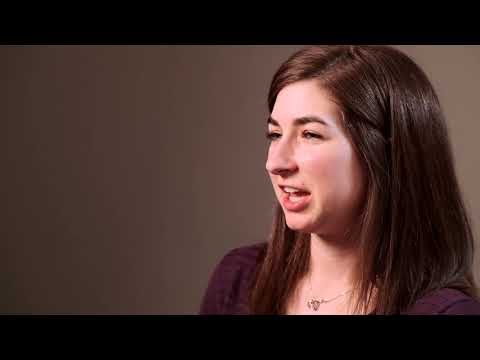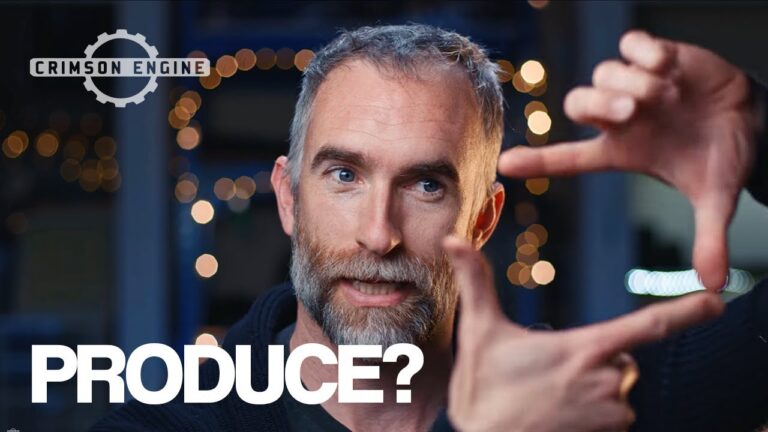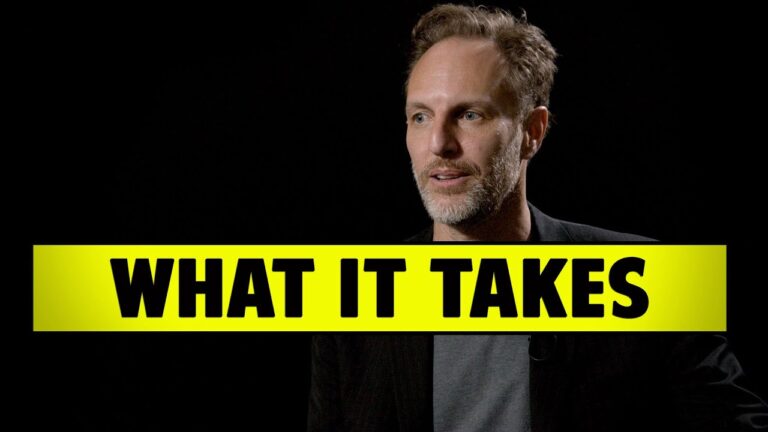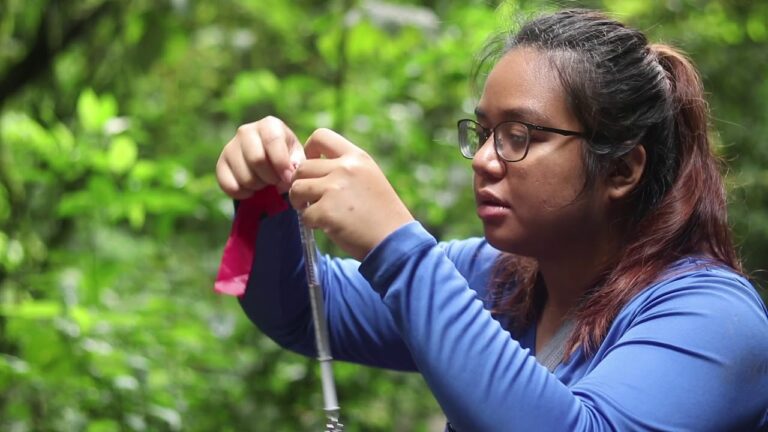Public Health Nurse: Role & Salary

Public Health Nurse Job Description Template
Public Health Nurse Job Description A Public Health Nurse is a healthcare professional who focuses on the promotion and protection of the health and well-being of communities and populations. These nurses work in various settings, including government agencies, community health centers, schools, and non-profit organizations. The primary responsibility of a Public Health Nurse is to assess the health needs of the community and develop strategies to address those needs. They collaborate with other healthcare professionals, community leaders, and organizations to implement programs and interventions aimed at improving the overall health of the population. Public Health Nurses play a crucial role in disease prevention and control. They educate individuals and communities on various health issues, such as immunizations, infectious diseases, and chronic conditions. They provide information on healthy lifestyle choices, proper nutrition, and exercise. They also conduct screenings and assessments to identify health risks and refer individuals to appropriate healthcare services. Communication and collaboration are two essential skills for Public Health Nurses. They must effectively communicate with diverse populations and be culturally sensitive to ensure that health information is understood and implemented. Collaboration with various stakeholders is necessary to develop comprehensive health programs and to advocate for the needs of the community. In addition to these duties, Public Health Nurses may also be involved in emergency preparedness and response, disaster management, and policy development. They may participate in research projects and data collection to inform public health initiatives and policies. Overall, Public Health Nurses play a vital role in promoting and improving the health of communities. Their work focuses on prevention, education, and advocacy to create healthier environments and empower individuals to make informed healthcare decisions.Public Health Nurse Responsibilities
Public Health Nurse Requirements
How Much Does A Public Health Nurse Make?
Public Health Nurse Salary
| Location | Salary Range |
|---|---|
| New York City, NY | $70,000 – $90,000 |
| Los Angeles, CA | $65,000 – $85,000 |
| Chicago, IL | $60,000 – $80,000 |
| Houston, TX | $55,000 – $75,000 |
A Public Health Nurse’s salary varies depending on the location. In major cities such as New York City, NY, the salary range is typically between $70,000 and $90,000. In Los Angeles, CA, the range is around $65,000 to $85,000. In Chicago, IL, the salary range is approximately $60,000 to $80,000. Lastly, in Houston, TX, the range is typically between $55,000 and $75,000. It’s important to note that these figures are approximate and can vary based on factors such as experience, education, and the employing organization.
Public Health Nurse Salaries by Country
Top Paying Countries for Public Health Nurse
| Country | Average Salary (USD) |
|---|---|
| United States | $70,000 |
| Switzerland | $66,000 |
| Australia | $60,000 |
| Netherlands | $58,000 |
| Germany | $54,000 |
Public health nurses play a vital role in promoting and protecting the health of communities. Salaries for public health nurses vary across countries. According to available data, the top paying countries for public health nurses include the United States with an average salary of $70,000, followed by Switzerland with $66,000, Australia with $60,000, Netherlands with $58,000, and Germany with $54,000.
A video on the topic Public Health Nurse
Video Source : Ottawa Public HealthInterview Questions for Public Health Nurse
1. Can you explain your role as a public health nurse?
As a public health nurse, my role involves promoting and protecting the health of individuals, families, and communities. I work to prevent diseases, provide healthcare education, conduct health assessments, and develop and implement interventions to improve the overall health of the population.
2. What is the importance of public health nursing in the community?
Public health nursing plays a crucial role in the community as it focuses on preventing diseases and promoting well-being. By working closely with individuals and communities, public health nurses can identify health risks, provide preventive care, and educate the public about healthy lifestyle choices. They also collaborate with other healthcare professionals to address public health issues and ensure access to quality healthcare for all.
3. How do you assess the health needs of a community?
To assess the health needs of a community, I gather data through surveys, interviews, and observations. I analyze the collected information to identify health concerns, determine the prevalence of diseases, and evaluate the community’s access to healthcare services. This assessment helps me prioritize health issues and develop strategies to address them effectively.
4. How do you promote health education in the community?
I promote health education in the community by organizing workshops, seminars, and community outreach programs. I create educational materials, such as brochures and pamphlets, to disseminate important health information. Additionally, I collaborate with schools, community centers, and local organizations to conduct health awareness campaigns and provide resources for individuals to make informed decisions about their health.
5. How do you collaborate with other healthcare professionals to address public health issues?
I collaborate with other healthcare professionals by participating in interdisciplinary meetings and working groups. We discuss public health issues, share knowledge and expertise, and develop strategies to tackle them effectively. By working together, we can leverage each other’s strengths and resources to implement evidence-based interventions and improve the health outcomes of the community.
6. How do you ensure healthcare access for underserved populations?
To ensure healthcare access for underserved populations, I work closely with community organizations and advocacy groups. I help individuals navigate the healthcare system, connect them with appropriate resources, and provide information about available healthcare programs and services. I also advocate for policy changes and funding to address the healthcare disparities faced by underserved populations.
7. How do you handle public health emergencies or outbreaks?
During public health emergencies or outbreaks, I collaborate with local health departments, emergency management agencies, and healthcare facilities. I participate in emergency response planning and implementation, coordinate communication and education efforts, and provide direct care to affected individuals. I also assist in contact tracing, monitoring the spread of the outbreak, and implementing preventive measures to contain the situation.
8. How do you stay updated with current public health trends and research?
I stay updated with current public health trends and research by regularly attending conferences, workshops, and seminars. I also read scientific journals, research articles, and publications related to public health. Additionally, I participate in online forums and communities where professionals discuss emerging trends and share valuable insights and resources.
9. Can you give an example of a successful public health intervention you have implemented?
One successful public health intervention I implemented was a smoking cessation program in collaboration with local schools and community centers. We conducted educational sessions, provided resources for quitting smoking, and offered support groups for individuals trying to quit. The program resulted in a significant decrease in smoking rates within the community and improved overall health outcomes.
10. What personal qualities do you think are important for a public health nurse?
Some important personal qualities for a public health nurse include strong communication and interpersonal skills, empathy, cultural sensitivity, critical thinking, and adaptability. Public health nurses should be able to effectively communicate complex health information to diverse populations and work collaboratively with individuals and communities. Empathy and cultural sensitivity are essential for understanding and addressing the unique needs and challenges faced by different populations. Critical thinking and adaptability help in effectively assessing situations and developing appropriate interventions to promote public health.






